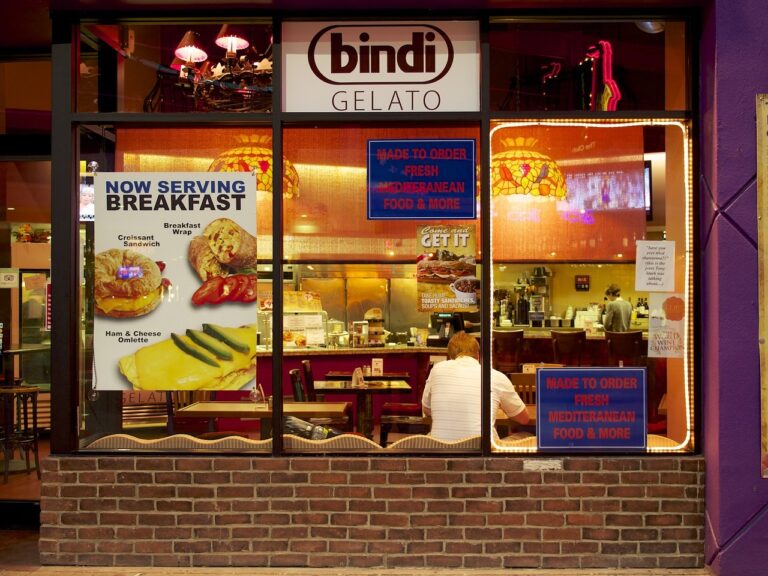The Future of Retail Technology: Innovations and Trends
In the dynamic landscape of retail, emerging technologies play a pivotal role in shaping the future of the industry. From virtual reality (VR) and augmented reality (AR) to artificial intelligence (AI) and Internet of Things (IoT), retailers are strategically leveraging these tools to revolutionize the shopping experience. Through VR and AR, customers can now visualize products in a more immersive way before making a purchase, enhancing their shopping experience and reducing the likelihood of returns.
Additionally, AI and IoT are empowering retailers to streamline operations, harness data analytics for targeted marketing strategies, and personalize interactions with customers. By analyzing consumer behavior and preferences, retailers can offer tailor-made recommendations, create personalized promotions, and optimize inventory based on predictive analytics. This level of personalization not only fosters customer loyalty but also drives sales and revenue for retailers in a highly competitive market.
Enhancing Customer Experience Through Technology
With the rapid pace of technological advancements, retail businesses are increasingly turning to innovative solutions to enhance the overall customer experience. From personalized recommendations based on past purchases to streamlined checkout processes, technology is playing a crucial role in shaping the way consumers interact with brands. By leveraging tools such as artificial intelligence and data analytics, retailers can gain valuable insights into consumer behavior and preferences, allowing them to tailor their offerings to meet individual needs.
Moreover, the integration of virtual reality and augmented reality technologies is revolutionizing the way customers engage with products and services. These immersive experiences not only provide a more interactive shopping experience but also enable customers to make more informed purchasing decisions. By bridging the gap between the physical and digital worlds, retailers can create unique and memorable interactions that drive customer loyalty and satisfaction.
Personalization in Retail Technology
Personalization in retail technology is revolutionizing the way businesses engage with their customers. With the advancement of artificial intelligence and data analytics, retailers can now tailor their product offerings and marketing strategies to meet the specific preferences and needs of individual customers. This level of customization not only enhances the shopping experience for consumers but also increases the likelihood of repeat purchases and brand loyalty.
Moreover, personalization allows retailers to create targeted promotional campaigns that are more likely to resonate with their customers. By leveraging technologies such as machine learning and predictive analytics, businesses can deliver personalized recommendations and offers to customers in real-time. This not only drives sales but also helps in building a stronger relationship with customers, ultimately leading to long-term success in the competitive retail landscape.
• Personalization in retail technology is transforming how businesses interact with customers
• Artificial intelligence and data analytics enable retailers to customize product offerings and marketing strategies
• Customized shopping experiences lead to increased customer satisfaction and loyalty
• Targeted promotional campaigns using machine learning and predictive analytics drive sales
• Building strong customer relationships through personalization leads to long-term success in the retail industry
What are some examples of emerging technologies being used in retail?
Some examples of emerging technologies in retail include artificial intelligence, virtual reality, augmented reality, chatbots, and beacon technology.
How can technology enhance the customer experience in retail?
Technology can enhance the customer experience in retail by providing personalized recommendations, streamlining the checkout process, offering virtual try-on options, and enabling real-time communication with customer service.
How does personalization play a role in retail technology?
Personalization in retail technology utilizes customer data to tailor product recommendations, marketing messages, and shopping experiences to individual preferences and behaviors.
What are the benefits of personalization in retail technology?
The benefits of personalization in retail technology include increased customer loyalty, higher conversion rates, improved customer satisfaction, and valuable insights for targeted marketing strategies.







